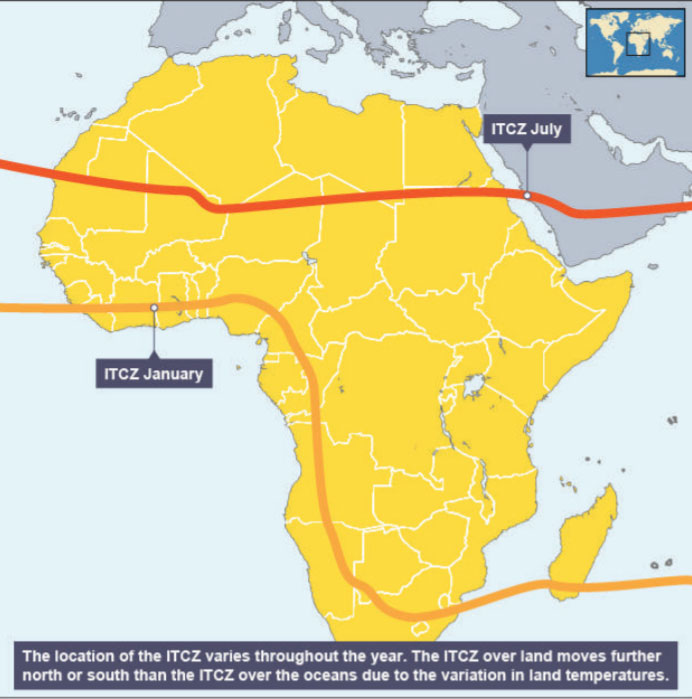
Warning system
But more critically, forecasts by the Famine Early Warning Systems Network (FEWSNET), a USAID programme that has existed since 1985 to offer early analysis on food insecurity, even the anticipated long rains expected between March and May 2017 are likely to be below-average.
According to a FEWSNET study of 2012, Uganda has since 1980 been experiencing decreasing rainfall, accompanied by rapid increases in air temperature on the order of +0.8ᵒC. Uganda is therefore becoming drier and hotter. Even areas renowned for their cold weather, such as Kabale, are getting warmer. This is consistent with an increase in atmospheric circulation, bringing dry subsiding air during the March-June and June-September rainy seasons.
Globally, last year, the US-based NASA [National Aeronautics and Space Administration] released a mid-year climate analysis which showed that, for the first time, July, 2016 was 0.11ᵒC degrees Celsius warmer than July, 2015 and more than a degree hotter than the 1951-1980 average for the month.
Already 14 of the 15 hottest recorded years have occurred since the turn of the year 2000. Scientists blame the ever-rising temperatures on the world’s reliance on fossil fuels (petroleum and coal) whose consumption keeps pumping carbon dioxide into the atmosphere.
Therefore, the observed warming trends in Uganda are more likely to continue in the same direction and rate of change than the rainfall trends.
Recent declines in rainfall appear linked to a warming of the Indian and Pacific Oceans and are, therefore, likely to persist for at least the next decade, says a USAID—US Geological Survey analysis of Uganda’s climate trends.
This means that crops and livestock production is not likely to perform optimally this year and could make the current food-stressed situation worse. Prices of food crops and animal products are likely to rise steeply. And since food stuffs comprise the largest part of the Consumer Price Index (CPI), a hike in prices is likely to cause a spike in inflation rates and a tailspin in the economy.
Dr. William Olupot, the director of Nature and Livelihoods, a Kampala-based NGO told The Independent that for subsistence farmers who depend on rainfall to grow crops, feed and water their livestock, this is bad news.
The prolonged and severe drought of 1999-2000 caused severe water shortage, leading to loss of animals, low production of milk, food insecurity, increased food prices and generally negative effects on the economy.
Another drought in 2008 caused losses of approximately 3% of the value of all food and cash crops. Two years later, the country lost 16% of the total annual value of these crops as a result of extreme weather.
“With Uganda’s rapid population growth rate, the effects of a slight drought will likely impact on more people now than in the past because there are more people involved in crop and livestock farming and of course there are more who need food to eat,” Olupot said.
Already, the Ministry of Relief and Disaster Preparedness reckons close to nine million Ugandans are in urgent need of food aid across the country. Another 1.3 million Ugandans will need food relief by March.
The most stressed areas include the cattle corridor, a diagonal strip of fragile ecosystem that stretches from south-western Uganda (around Mbarara) up to the northeastern sub-region of Karamoja.
Charles Ogang, the President Uganda Farmers Federation told The Independent on Jan. 28 that considering that Uganda’s food security situation is not the best at the moment, the federation wants the government to put in place measures to ensure food security, especially in northern, eastern and parts of western Uganda. He said Mubende, Mityana, and the Kigumba area of Kiryandongo District are most threatened.
“We don’t want Uganda to suffer from food shortage. We want the government to regulate the food sale instead of paying a deaf ear, yet it is the same government that the people will soon run to for relief.”
****
editor@independent.co.ug
 The Independent Uganda: You get the Truth we Pay the Price
The Independent Uganda: You get the Truth we Pay the Price


